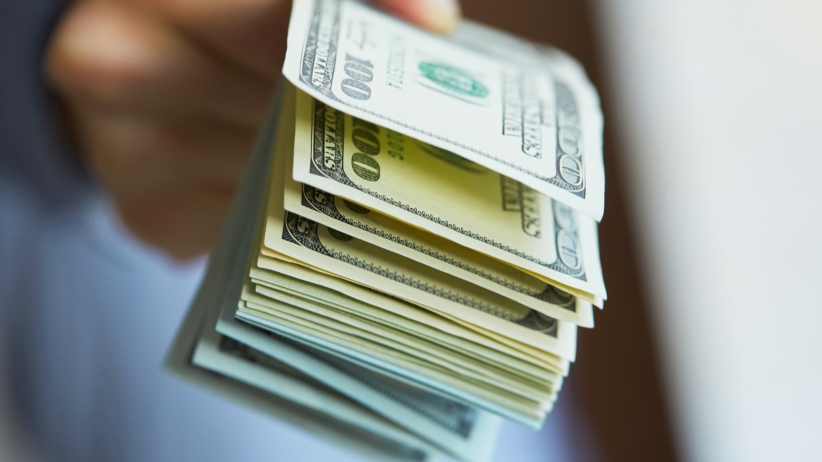You live in a big city such as New York City. And, like many of your neighbors, you own a car, although you could probably survive without one. You take your car into work five times a week—most of the time that means the center of the city, Manhattan. And most of the time that means hefty tolls—or paying through the nose 22 times a month. When you get there, you have to pay hundreds of dollars a month to park in a secure place.
Ditch the Car if You Can
As many of the readers of GregoryBresiger.com know I have repeatedly said that if you can avoid owning a car in a big city—and I realize that is a big if since many people must have a car for work—then you will be saving a small fortune; perhaps ten thousand dollars a year or more. But in this entry I will only focus on the lost investment opportunities of two of the costs of a car: Tolls, which are just another form of taxation since bridges and tunnels are owned by the government, and the costs of parking, which might or might not be a protection against terrible things happening to your car if you leave it on the street.
These terrible things can be vandalism, theft or a money hungry city government towing your car (Notice I said using a parking lot “might not” be a protection? I once knew a mayor of a small New Jersey town who drove to New York City on business. The mayor wasn’t taking any chances. He parked his car in a garage in Manhattan, paying a huge charge. Still, his car was stolen out of the garage. Welcome to Fun City, your honor).
Let us say the costs of parking and tolls come to $500 a month, which I think is actually a low estimate in New York City and also doesn’t include the other myriad costs of running a car. But let us consider what happens if only that money—the costs of parking and tolls—had been invested in the stock market on a regular basis over decades. You do it regularly for thirty years and earn a little over nine percent a year. The latter is by no means a great return. It is an average return.
Who Wants to Be a Millionaire?
What do you have when you avoid just two of the big costs of owning a car in New York? You have some $922,000 (By the way, use index funds and you won’t have to kick back much to the taxman). Do it for 40 years and you have some $2.3 million.
Of course, if we went into all the other costs of owning a car, and considering what would happen if that money was put into index funds, then we would have much more after 30 or 40 years. But for this column, I merely wanted to look at two of the most outrageous costs of owning a car. These are the costs of parking in New York City and paying tolls—-tolls for bridges and tunnels. The latter have been paid for by the taxpayers’ countless times and yet many are in terrible shape. By the way, the bridges and tunnels have made so much money for the government of the city of New York that, in the 1950s, there was talk of making them free. Sometimes the good old days were really the good old days or at least the less expensive days.
These Are the Good Old Days
Make these the good old days by not letting money get away. Don’t spend money—or any resource—recklessly. That’s because unthinking spending policies inevitably come back to haunt you later in life. That’s when lost money—money that could have been saved or invested—hurts you. These terrible mistakes will cause you to pass up good opportunities (Chico Marx, one of the great Marx brothers, didn’t have the money toward the end of his life to send a child to college even though he had made a bundle: Unfortunately, he lost most of it). And, if the practice of wasteful spending goes on long enough, and if you have wasted opportunities to save and invest in your prime earning years, then there could come a time when you are working into your 60s or 70s at a job you hate. Then you could be going to work, driving across crowded bridges in New York in traffic jams that make you crazy.
Yet just a few sensible decisions now—decisions not to waste money; to systematically invest each pay period—could have made your life—and the lives of those around you who you love—so much easier.
Embrace commonsense. Embrace moneysense.
![]()
